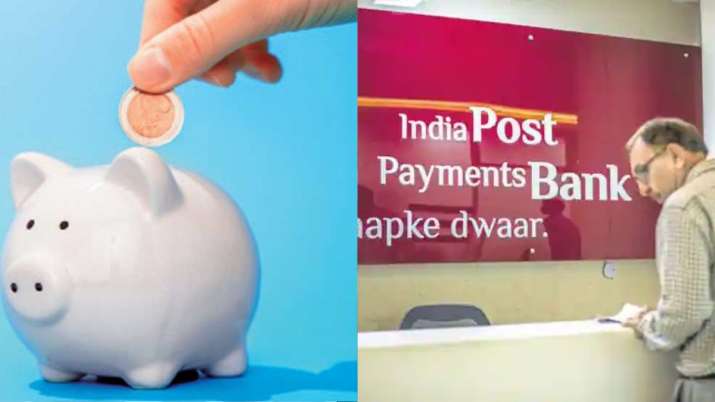Post Office’s great investment scheme: Get 35 lakhs by saving just Rs 47 per day

Highlights
- Bank will give loan after paying your premium for four years
- Deadline for depositing premium within thirty days
- If you want, you can close the policy after three years
Post Office Scheme: Whenever it comes to safe investment in India. People prefer to invest their money in land or gold. The only reason behind this is security. But in recent times, many new avenues of safe investment have opened up in the market. One of these is the Gram Suraksha Scheme of the Post Office. Good returns can be found in this.
How can you invest
People in the age group of 19 years to 55 years can invest in this scheme. Its sum insured ranges from ten thousand to ten lakh rupees. In this, premiums have to be paid for three months, six months and one year. If you waive the policy during any period. So you can start it again without any problem. For that, you have to start paying premiums again. Customers have a deadline to deposit the premium within thirty days. If you wish, you can ask to discontinue the policy after three years.
what is the specialty
The biggest feature of this plan is that if you pay your premium for four years, then after that you can take a loan from the bank on the basis of that policy. If a customer buys a policy of one million at the age of 19 years, then Rs 1515 has to be paid every month till the age of 55 years. If he wants to fill it for 58 years then he will have to pay Rs 1463 per month. At the same time, a plan has been made to give Rs 1411 monthly for sixty years.
Maturity of 35 lakhs by investing Rs 47
The policyholder will get 31 lakh rupees, 60 thousand rupees in 55 years, 33 lakh 40 thousand rupees in 58 years and 34 lakh sixty thousand rupees at the age of 60 years. To tell you in more simple language, then you invested Rs 47 every day, on which you got a profit of Rs 35 lakh.
Latest Business News
function loadFacebookScript(){
!function (f, b, e, v, n, t, s) {
if (f.fbq)
return;
n = f.fbq = function () {
n.callMethod ? n.callMethod.apply(n, arguments) : n.queue.push(arguments);
};
if (!f._fbq)
f._fbq = n;
n.push = n;
n.loaded = !0;
n.version = ‘2.0’;
n.queue = [];
t = b.createElement(e);
t.async = !0;
t.src = v;
s = b.getElementsByTagName(e)[0];
s.parentNode.insertBefore(t, s);
}(window, document, ‘script’, ‘//connect.facebook.net/en_US/fbevents.js’);
fbq(‘init’, ‘1684841475119151’);
fbq(‘track’, “PageView”);
}
window.addEventListener(‘load’, (event) => {
setTimeout(function(){
loadFacebookScript();
}, 7000);
});
,





